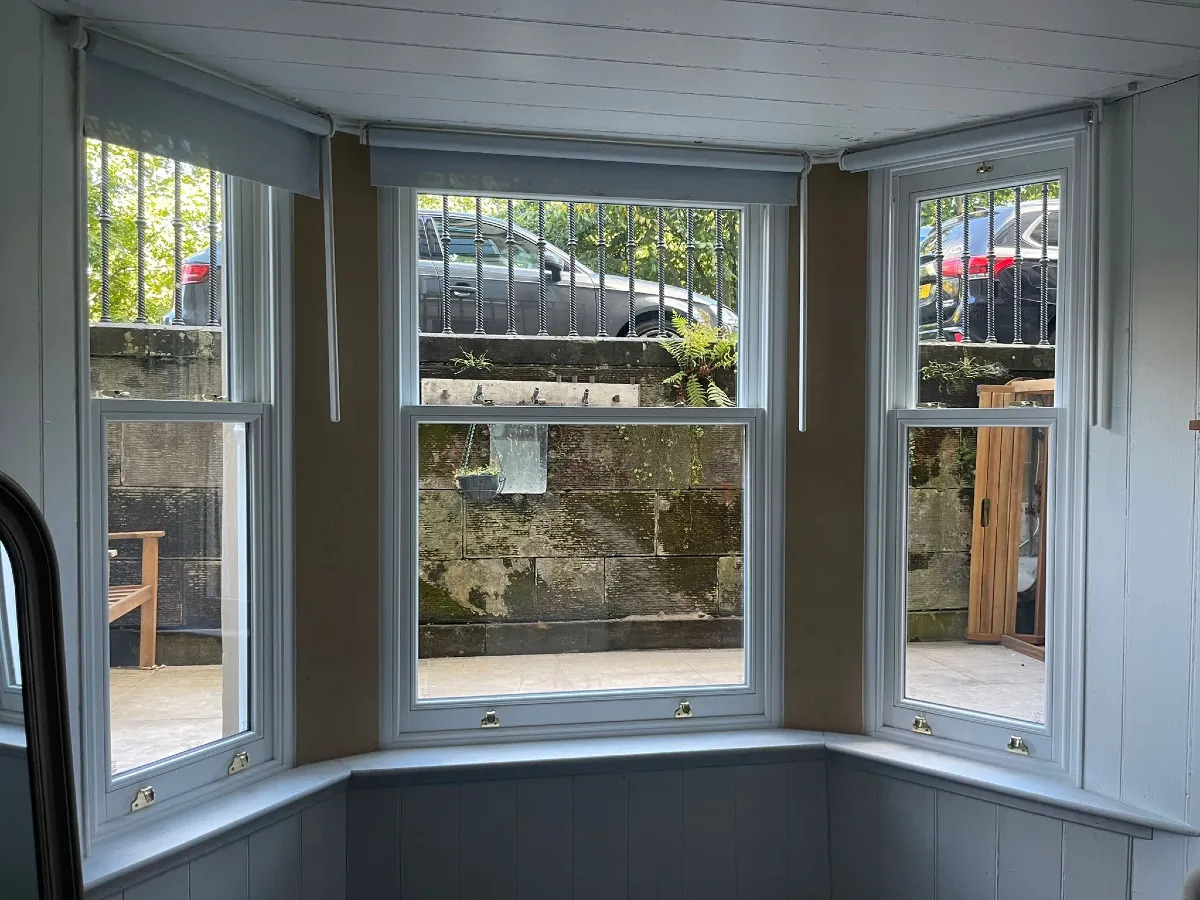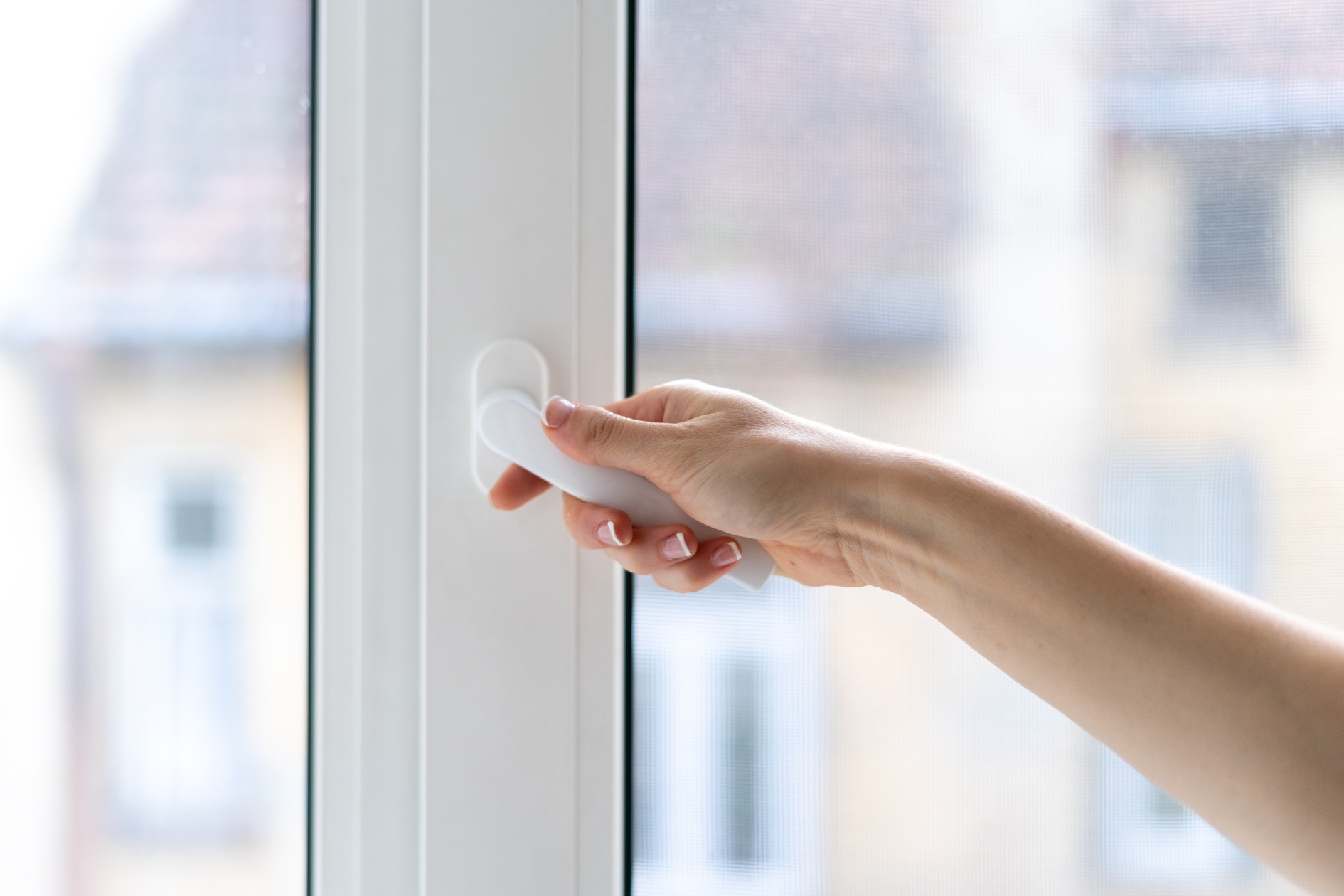Double Glazing Maintenance Tips (To Help Expand The Life Of Your Windows)
Follow there Double glazing Maintenance tips to extend the life of your windows. Double glazing is an essential investment for homeowners, especially in Scotland, where energy efficiency and insulation are key considerations to keep the heat in and the cold out. If you live in Scotland we can battle all 4 seasons in just one day so having high quality double glazing is vital.
While double glazing is often marketed as low maintenance, regular care can extend its lifespan and ensure it continues to perform effectively. This article covers practical double glazing maintenance tips, helping you keep your windows and doors in top condition for years to come.
Cleaning Your Double Glazing Windows and Frames
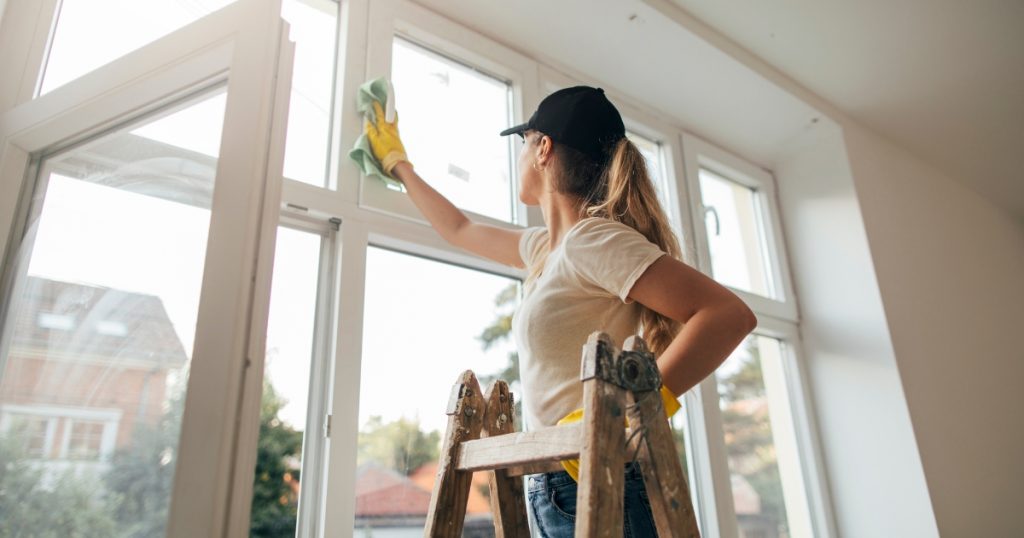
One of the simplest ways to maintain your double glazing is by cleaning both the glass and frames regularly. Dirt and grime can build up over time, affecting the appearance and functionality of your windows. uPVC windows, although durable and low-maintenance, still need attention to avoid damage or stiffness.
Monthly Cleaning Routine: Set up a schedule to clean your windows and frames at least once a month. For the best results, use a mild detergent with warm water, and avoid abrasive materials that can scratch the surface. If your windows have self-cleaning glass, ensure you’re using manufacturer-approved products to avoid damaging the coating.
Preventing Build-Up: Regular cleaning helps prevent the buildup of debris that can make it harder to operate windows. Over time, this dirt can become ingrained, leading to more serious issues that may require professional cleaning or repairs.
Inspecting Locks, Hinges, and Moving Parts
Locks, hinges, and other moving parts play a crucial role in the functionality of double glazing. Over time, these components can wear down, affecting the security and ease of use of your windows and doors.
Regular Checks: Every few months, take the time to inspect the locks and hinges of your windows and doors. Open and close each one to ensure they move smoothly without any stiffness. A small amount of oil can help keep the hinges lubricated, preventing rust and ensuring ease of movement.
Security Matters: In addition to functionality, locks should be checked to ensure your home remains secure. If your locks are becoming difficult to turn or seem to be sticking, it may be time to have them replaced. Keeping keys nearby but out of sight is also important for emergency situations, like a fire, to ensure you can quickly unlock and open your windows.
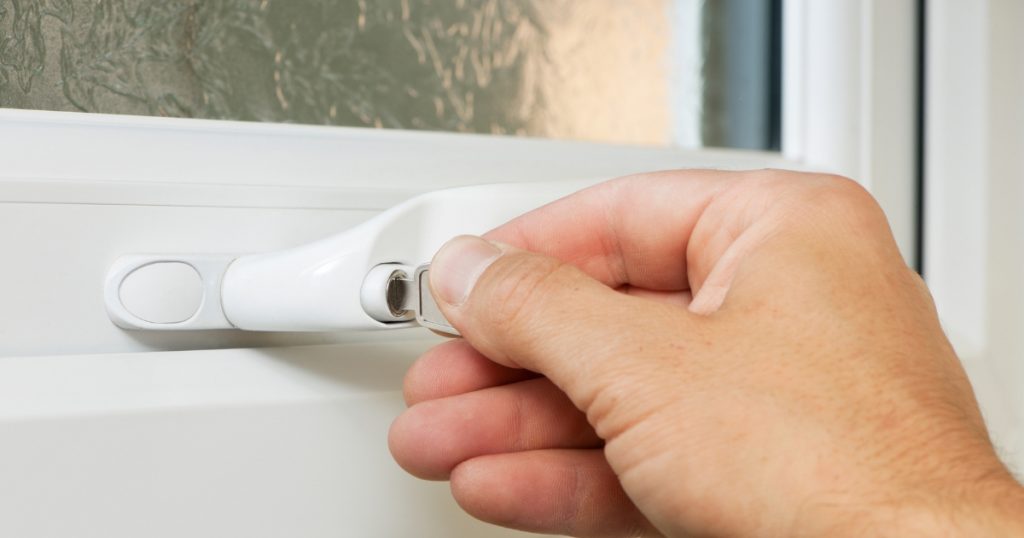
Managing Condensation and Damp
Condensation is a common occurrence with double glazing, particularly in colder climates like Scotland. However, excessive moisture can lead to more significant problems, including damp and mold, which can affect both your health and the lifespan of your windows.
Understanding Condensation: During colder months, it’s normal to see a bit of condensation on your windows. This happens when warm indoor air meets the cold surface of the glass. If you notice significant amounts of condensation, or if it’s accompanied by mold around the frame, it could signal an issue with ventilation or insulation.
Reducing Moisture: To manage condensation, regularly wipe down your windows to remove excess moisture. Consider using a dehumidifier in rooms where condensation is more frequent, and if possible, slightly open windows to improve airflow. Many modern windows are equipped with trickle vents—small openings that allow for continuous ventilation without needing to fully open a window.
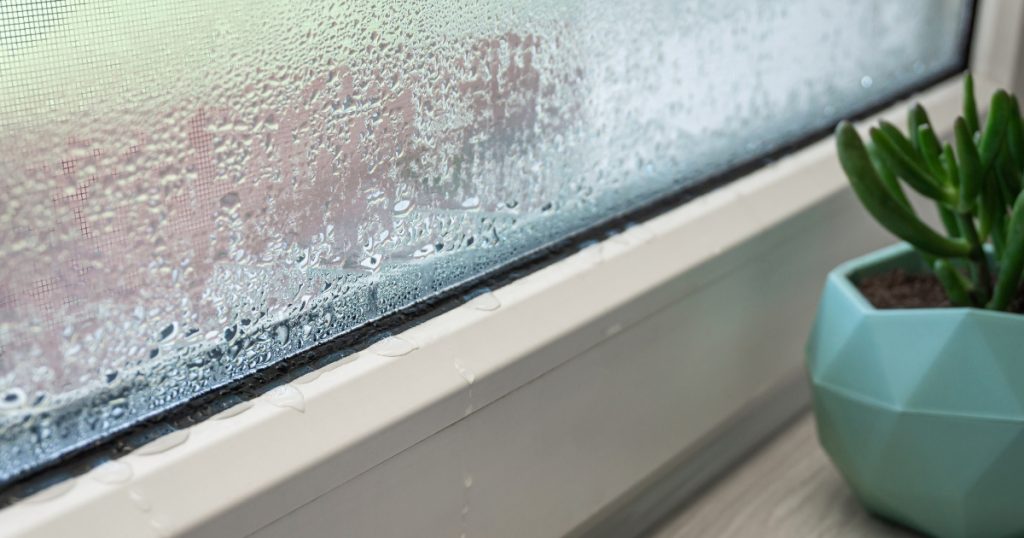
Clearing Tracks and Rails on Sliding Windows and Doors
If your home features sliding windows or bifold doors, it’s important to keep the tracks and rails clean to ensure smooth operation. Dirt and debris can accumulate in the tracks, leading to difficulties when opening and closing these windows or doors.
Simple Cleaning Solution: Use a vacuum cleaner with a small attachment to clean the tracks and rails regularly. This prevents small particles from getting lodged in the system, which could cause sticking or misalignment. For bifold doors, in particular, keeping the tracks clear is essential, as any obstruction can prevent them from closing properly.
Preventing Damage: Neglecting to clean the tracks and rails can result in serious damage over time. If grit or dirt builds up, it can cause the doors or windows to twist or come off their tracks, leading to costly repairs or even replacement.
Addressing Sticking Doors
Sticking doors, particularly older timber ones, can be a common issue in homes. While timber doors are prone to swelling due to moisture, sticking can also indicate poor installation or long-term wear and tear.
Identifying the Issue: If you’re struggling to open or close a door, it may be due to the frame warping over time. Timber doors are particularly susceptible to absorbing moisture, which can cause them to expand, making it harder to fit within the frame.
Upgrading to uPVC or Composite Doors: If your doors are persistently sticking, consider upgrading to uPVC or composite materials. These are less likely to warp and offer better insulation and security. uPVC doors, in particular, are an affordable and durable alternative to traditional timber.
Conclusion
Maintaining your double glazing doesn’t have to be a chore, but regular care can make all the difference. From simple cleaning routines to checking locks and ensuring ventilation, these small steps can extend the life of your windows and doors, saving you money in the long run. By taking a proactive approach, you can ensure that your double glazing continues to perform efficiently and keeps your home secure and energy-efficient.
Double Glazing Maintenance Tips – FAQ
- Why do my windows fog up between the panes? If you notice fog or condensation between the panes, it’s a sign that the seal on your double glazing has broken. This allows moisture to enter the gap between the panes, reducing insulation. You’ll likely need to have the glazing inspected and possibly replaced.
- How often should I clean my double glazing? It’s a good idea to clean your windows and frames at least once a month. This prevents the buildup of dirt and ensures that your windows continue to function smoothly.
- Can I fix a sticking door myself? In some cases, minor adjustments to the hinges can fix a sticking door. However, if the door has warped due to moisture, it may need to be replaced with a uPVC or composite alternative for long-term stability.
- What should I do if my window locks stop working? If your window locks are no longer working properly, it’s best to contact a professional to replace them. Faulty locks can compromise the security of your home.
- Is it normal to have condensation on double glazing in winter? Yes, it’s common to see a small amount of condensation on the inside of your windows during winter. However, large amounts or persistent condensation may indicate poor ventilation or a problem with your double glazing.
Categories: Updates


